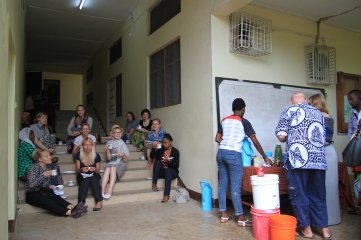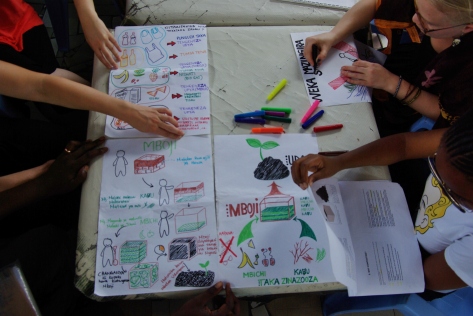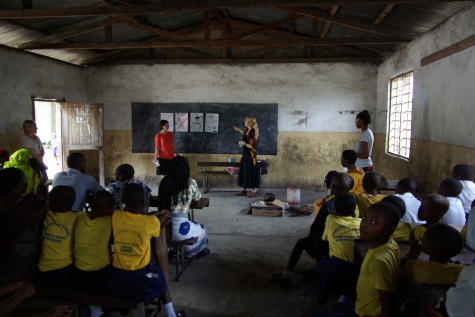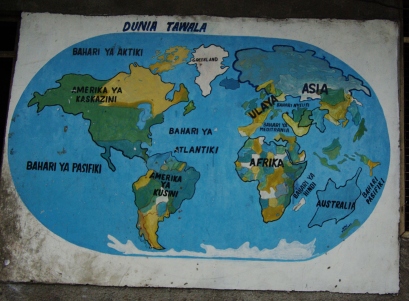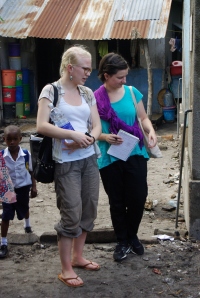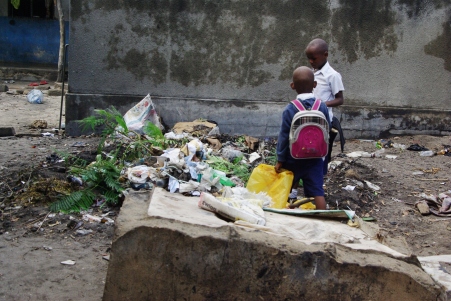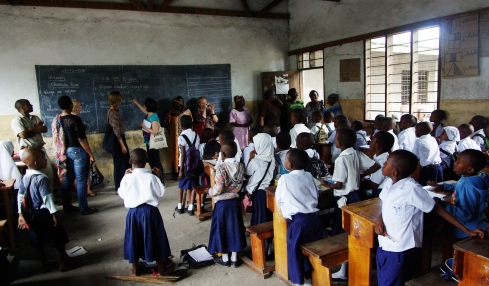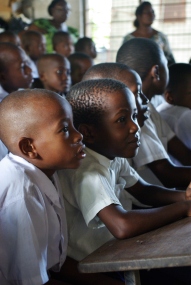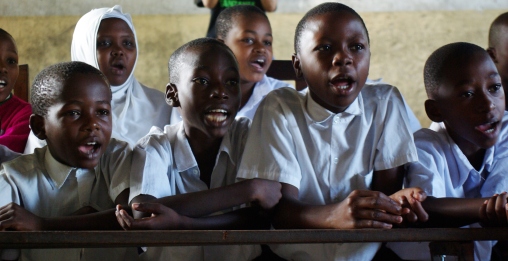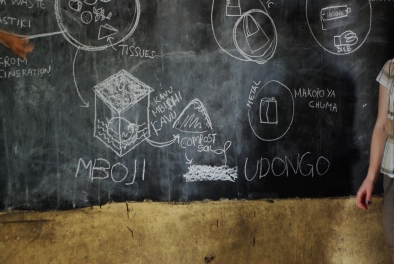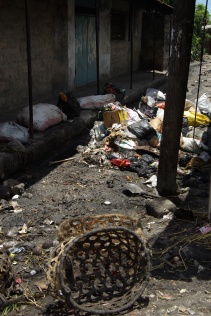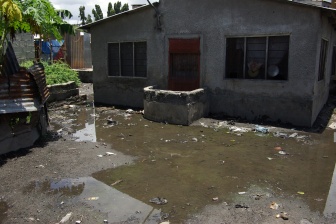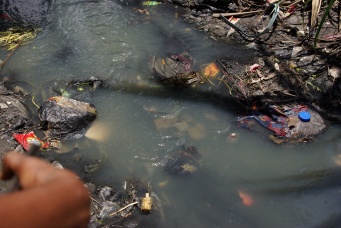Monday 23
First meeting with Centre for Community Initiatives (CCI) and the communities
We met Tim and Theresia from CCI and community members from Keko Mwanga, Chamazi and Tandale. Alpha and Mariam represented Keko Mwanga and the PHAST team. After introductions we had time to discuss and ask questions from Alpha and Mariam with the help of our translator Fredrik. They see the transportation of waste in Keko Mwanga B as the biggest problem. After the first day, we were a bit confused of all the contradictionary answers we have received from different stakeholders. Information about the costs and profitability of the waste collection is unclear to us. In addition, we have understood that the community members of Keko Mwanga B have not seen the report from last year’s project.
Today we noticed that there might be great challenges in getting the key message through the translation. One could even say that it is frustrating not to able to understand the locals directly.
Tuesday 24
Visiting both communities, first Keko Mwanga B and then Chamazi
In Keko, we visited the PHAST team office and met some of the team members, saw settlements and the river beyond the area which seems to be very dirty – both the water and the river banks. PHAST team has tried to clean the river several times but the situation seems hopeless.
In the evening, we had the Finnish Ambassador’s reception. There we talked with Tim about education and he told us about health education program in schools.
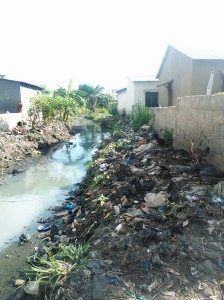
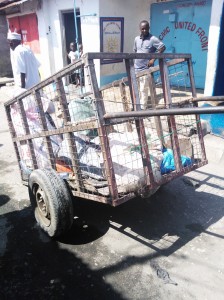

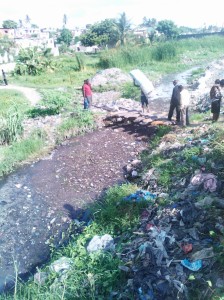
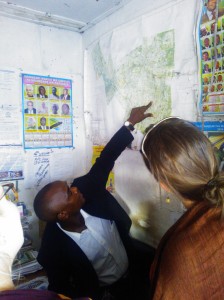
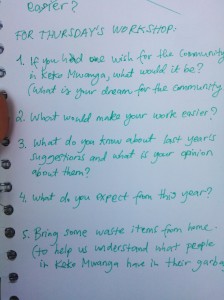
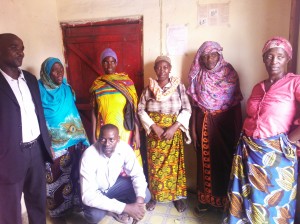
Wednesday 25
Workshop plans
In the morning, we planned tomorrow’s workshop which will take place in Keko Mwanga B. We thought about waste education in the local school and also talked about finding more income for the PHAST team. Collection of the fee could be integrated in other fees, like electricity, rent, water, etc.
We also thought if there is something we could do with the transportation problem. It is physically challenging for residents to bring their waste bags to collection points and for the PHAST team to transport them from there to the container. However, we can’t do anything with the infrastructure of the area and should focus on more tangible solutions.
In the afternoon, we met Mwilu, a Tanzanian woman who studied environmental engineering in Finland for four years. She is now back in Tanzania and working with waste issues as a freelancer. She gave us important information about practical things related to waste behaviour in Tanzania. Plastic bags do not cost anything and are therefore over-used. They are non-reusable because of their poor quality. She encouraged us to look into combining waste education and composting in the local school, which would also link our work with the last year’s project. Mwilu said that adults are very unlikely to contribute to recycling without personal benefit, whereas for children, composting could be fun.
Tomorrow we are possibly able to meet the teacher of the local school and also Mwilu. We feel optimistic about the project and are excited about new information we have gained during these first days here in Dar es Salaam.

